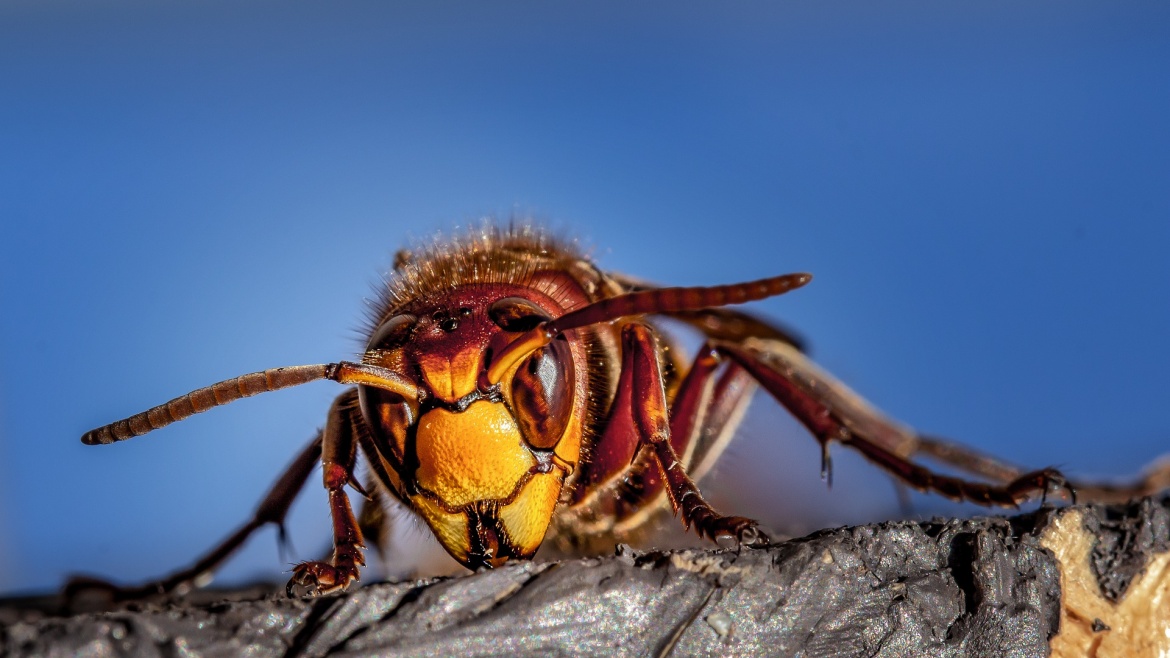Payne Pest Management is sharing tips to help homeowners avoid unwanted encounters
With the summer months upon us, families will be out enjoying days at the local playground and evenings at backyard BBQs, but children won’t be the only things buzzing about. Experts are warning that July brings with it not only warm weather, but stinging insects as well. To help avoid painful encounters or potentially a trip to the emergency room, Payne Pest Management is reminding homeowners of ways to prevent any run-ins with stinging insects this summer.
Believe it or not, stinging insects send more than 500,000 Americans to the emergency room every year. Pests such as hornets and yellowjackets are aggressive if disturbed and can cause painful, and sometimes life-threatening stings. There are many steps homeowners can take to avoid stinging insects from congregating on their property, but if an infestation of any kind is suspected, it’s important they call in a professional immediately as these pests are quite dangerous.
To help homeowners better prepare their properties for the summer months, here are steps that can be taken today:
- Seal cracks and crevices: Seal all visible cracks and crevices to keep stinging insects from moving indoors, and regularly inspect around house’s perimeter for nests.
- Keep food covered: During a picnic or cookout, cover all food when outside and be sure to keep tight-fitting lids on trash bins.
- Drink out of clear containers: Stinging insects can sneak into cans unnoticed, so it’s important to be able to see that a liquid is pest-free before drinking it.
- Avoid excessive use of fragrances: If you plan on spending long periods of time outdoors, skip the perfume or cologne, as yellowjackets and other stinging insects are attracted to sweet-smelling fragrances. When possible, choose unscented shampoos, soaps, lotions and sunscreen.
- Adjust wardrobe: Avoid wearing dark colors and floral prints as these can attract stinging insects. Wear closed-toe shoes, especially in grassy areas where hornets and other pests often nest.
- Remain calm, cool and collected: Do not swat at stinging insects—these movements may actually provoke an attack. Instead, remain calm and slowly walk away from the area. The insect will likely fly away without causing any harm.







